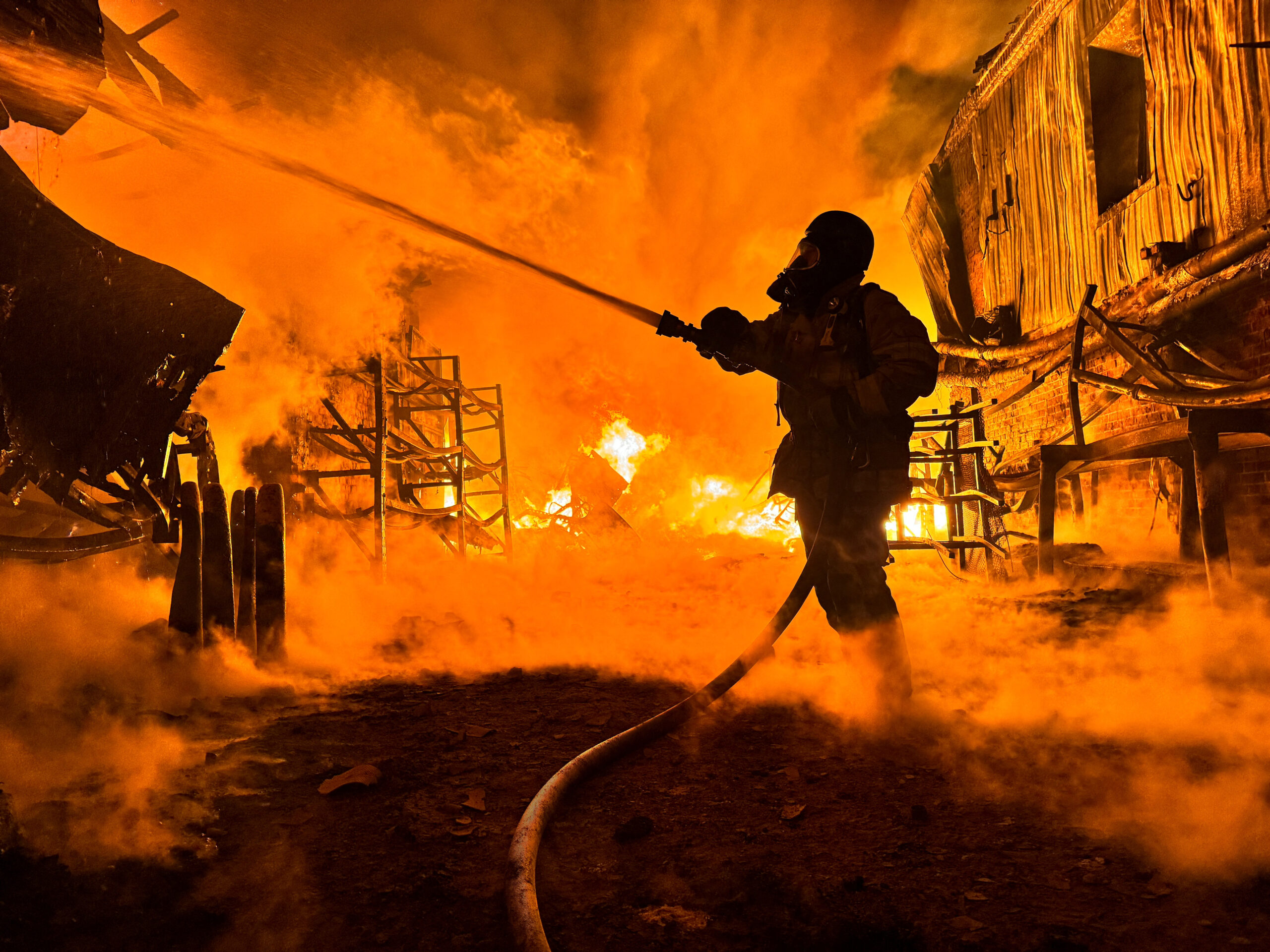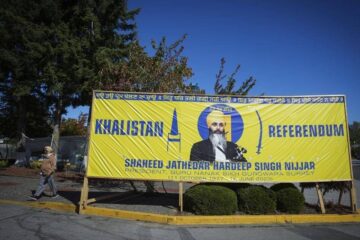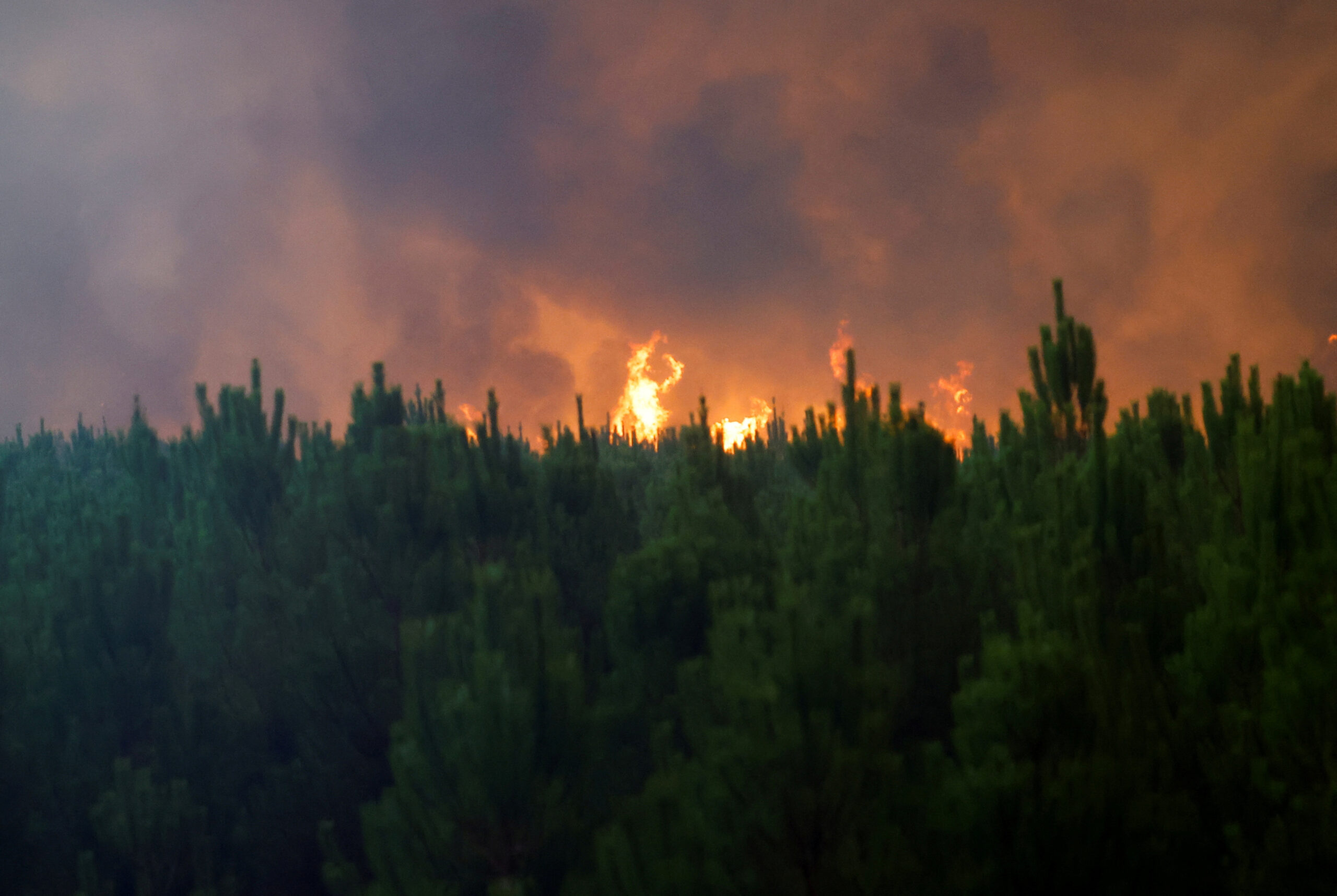Nigeria: Beyond the Challenge of Guns and Bombs
The emergence of insurgents in the Northeast of Nigeria, such as Boko Haram, has generated heated discussions in both internal and external governance structures and policies, leadership and polity. The abduction of more than 200 female students at Chibok in April 2014 has led to greater attention toward peace and reconciliation, from both civil society organizations in Nigeria and from the international community. Following the Democracy Day celebration in May, Nigeria’s President, GoodLuck Jonathan, despite his ironic vow to wage violence against groups engaged in terrorist activities, unveiled opportunities for a possible dialogue and reconciliation with members of Boko Haram to renounce terrorism and embrace peace: “For our citizens who have joined hands with Al Qaeda and international terrorists in the misguided belief that violence can possibly solve their problems, our doors remain open to them for dialogue and reconciliation, if they renounce terrorism and embrace peace.” While the President’s call for dialogue is a step forward for peace in Nigeria, a greater focus on peacebuilding efforts – such as medical aid, humanitarian assistance and trauma healing – should accompany his call. Nigerian peace should not be simply the absence of violence, but also the presence of justice and human dignity.
Mr. Boni Haruna, Minister of Youth and Development in a media brief also disclosed that a “series of integration programs have been lined up for the members of the sect who would surrender their arms and embrace peace.” He was governor of Adamawa State (1999 – 2011), during the formation of Boko Haram, when political thugs joined the membership of radicalized Islamic fundamentalists attracted to the charismatic Islamic preacher Yusuf Mohammed. This portrays the twisted ideological formation of the group’s identity; they believe that the Nigerian government is being corrupted by Western ideas and want to Islamize Nigeria. Currently, Boko Haram remains a mixture of perspectives. Prioritizing interventions by the federal government might be a challenge, as the needs, interests and positions of victims and perpetrators are contested.
Peacebuilding efforts by both international stakeholders and local actors are geared towards attaining peace, meaningful development and a deliverable democratic governance. Prior to the various interventions and strategies, there have been uncoordinated interventions by the executive structure of the Nigerian government. Billions of Nigerian Naira were donated to religious bodies and various groups that were attacked and had structures and lives destroyed by Boko Haram bombings. State and federal government officials constantly made these donations, and one would think of such actions being better utilized when the resources have a single competent coordination. The complicated dynamics and incidents of violence in the Northeast made accuracy in analysis and coordination difficult, owing to government corruption, lack of cohesion among government machineries and lack of agency from civil society organizations and the grassroots. However, peacebuilding organizations have supported a shared dream for peace and reconciliation with their various skills and strategies.
Focus on Boko Haram and other violence-oriented issues has disrupted Nigeria’s institutions and structures and taken attention away from other priorities. Prior to the Boko Haram shootings, kidnappings and bombings, the main struggle of the country was to control diseases, including HIV/AIDS and to improve health delivery. Beyond the call for the members of Boko Haram to lay down their weapons for dialogue and reconciliation lies the greater task of meeting the needs of the Nigerian citizens who have either been directly or indirectly traumatized.
Besides the loss of lives and economic resources, traumatization and massive displacements have occurred in the Northeast (over 200,000) with about 100,000 citizens leaving for the Niger Republic, Chad and Cameroon. Lessons drawn from history should be the guiding framework to a holistic response to restoring peace, security, trust and wellbeing to all. The response of the government should be proactive – providing efficient medical aids, humanitarian aid and trauma healing assistance to the internally displaced. Ensuring the security of the communities and individuals, alongside a credible justice system and good governance, are necessary for any post-conflict reconstruction process. Human security is national security, and peace and reconciliation depend on it.
A best-case scenario is to establish a credible peace, reconciliation and justice commission in which every affected person’s voice is heard, perpetrator or victim. Through active, inclusive participation in a reconciliation process, harms are acknowledged, properly processed and addressed. Breaking the cycle of violence and reprisals transcends the Presidential call for peace and reconciliation. Our efforts should center on peacebuilding synergy and must go beyond the silence of guns and bombs in order to attain wellbeing.









